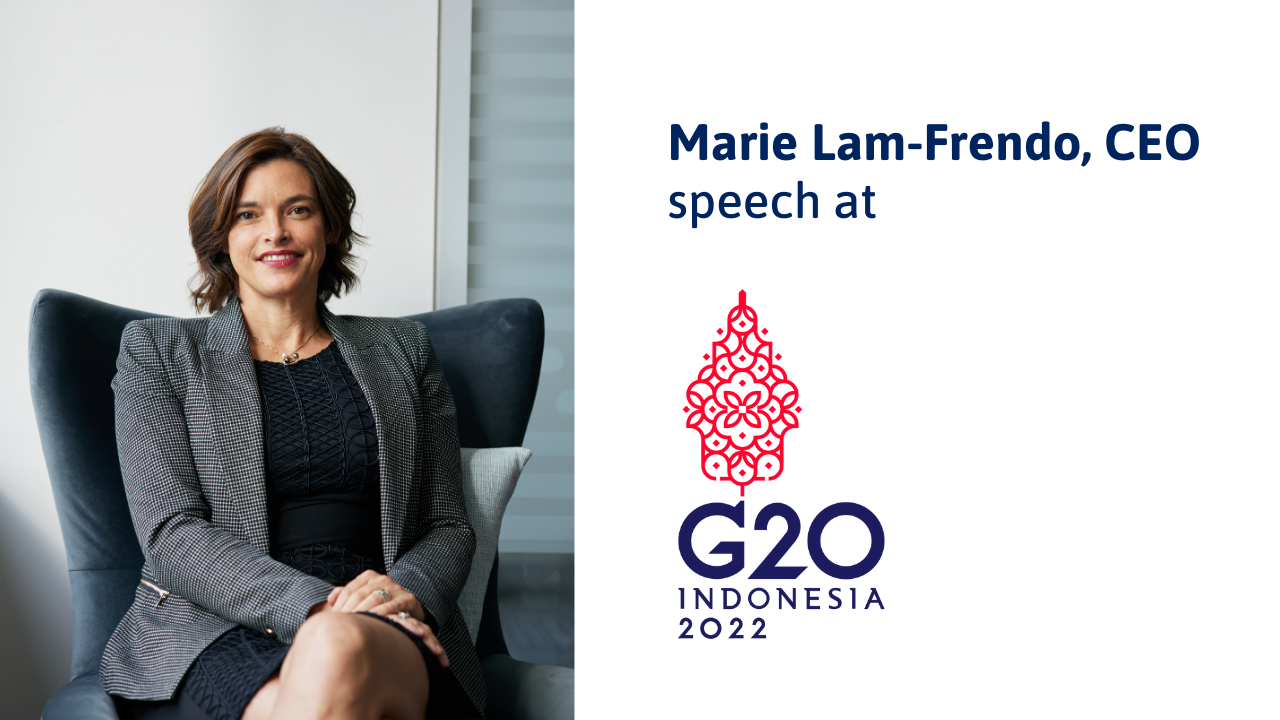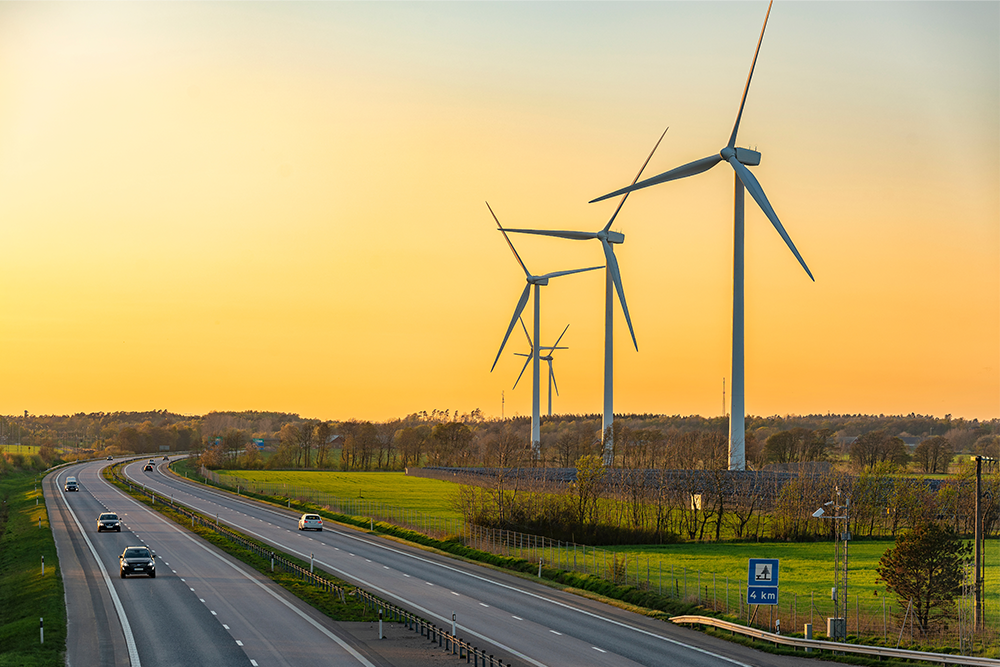161 results found
Featured results



More results
The GI Hub attended the third G20 Infrastructure Working Group (IWG) meeting under the Indian G20 Presidency, held 26–28 June in Rishikesh, Uttarakhand.
The ability of MDBs to maintain their central role in sustainable development in developing countries hinges on the banks’ ability to increase investing capacity and meet the needs of those countries.
The GI Hub has formed a strategic partnership with the Sustainable Markets Initiative Blended Finance Task Force, to identify solutions that scale private investment and mobilise capital to accelerate the transition to net zero.
Our co-authored article with the Wilson Center explains how emerging and developing economies can create an enabling environment for private investment by de-risking at the country level
Banks are leaders in structuring and financing private investment in new projects, however recent banking regulations discourage them from prioritising infrastructure
McKinsey interviews our CEO, Marie Lam-Frendo about key strategies to help infrastructure leaders to attract private investment and meet net zero goals
This week the Australian British Chamber of Commerce, the GI Hub and KPMG co-hosted an intimate infrastructure roundtable with the Lord Mayor of the City of London and senior Australian private sector participants, industry associations, think tanks, government, and infrastructure agencies.
This book questions the premise that Public-Private Partnerships (PPPs) have a performance advantage over traditionally procured projects. It examines novel research comparing the differences in performance between PPP and traditionally procured infrastructure projects and thoughtfully scrutinises the supposed advantages of PPPs.


This resource and its hundreds of case studies give project proponents a catalogue of proven mechanisms to fund and finance infrastructure.




During COP27, our guest authors from WAPPP, CPCS Transcom Ltd and Princeton University explore recommendations for integrating and mainstreaming three climate-related risks.
This recently updated directory of national and subnational project pipelines in G20 countries enables governments and industries track projects and assemble market analyses
Infrastructure is key to achieving fair and sustainable economic growth and climate targets. Three trends to stimulate the private sector to fund the large-scale change to enable infrastructure to reach its climate and development potential
The last decade has seen a growing investor appetite toward sustainable infrastructure investments. However, there are challenges to accelerating these investments at the speed and scale needed. In this article we explore two projects - the Tibar Bay Port in Timor-Leste and the Clean Ganga Program in India - that illustrate how these challenges can be overcome.
Nicholas Yandle, Head of Programmes - Project Futures, UK IPA shares insights on their recent Roadmap, exploring ways to achieve digitalisation, standardised approaches and carbon emissions reductions when it comes to infrastructure delivery.
Achieving the United Nations Sustainable Development Goals will require massive investment in developing countries. Blended finance, which combines concessional public funds with commercial funds, can be a powerful means to direct more commercial finance toward impactful investments that are unable to proceed on strictly commercial terms
This paper provides a contextual commentary on the state of infrastructure delivery around the world. The views within are not necessarily that of the GIobal Infrastructure Hub (GI Hub) but are an important viewpoint to contextualise use of the GI Hub’s Improving Delivery Models initiative framework

Emerging insights from Italy and its Next Gen EU implementation plans


AIFP equips African civil servants to effectively lead infrastructure project procurement and financing.






 InfraTracker
InfraTracker













